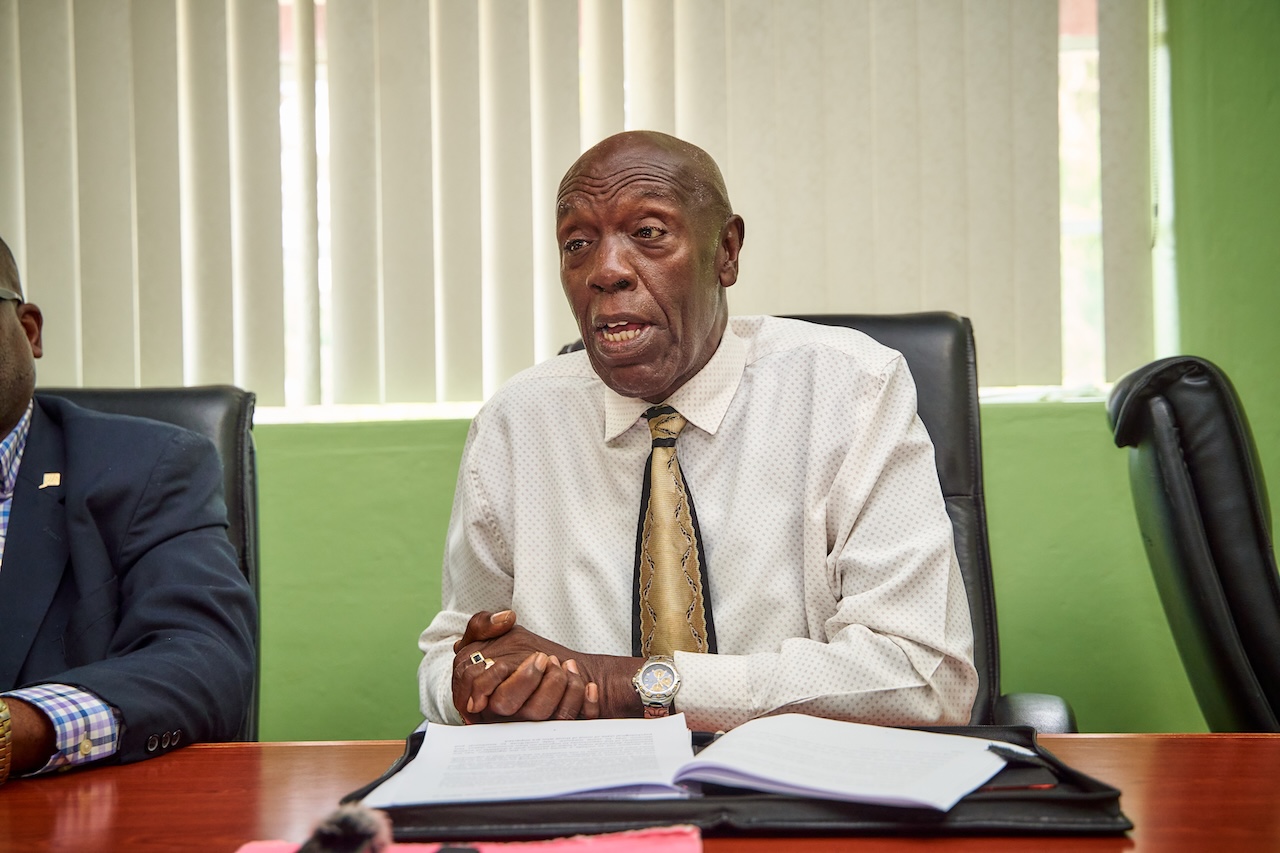The Congress of Trade Unions and Staff Associations of Barbados (CTUSAB) has reiterated its opposition to granting arrest powers to soldiers, labeling the move as a ‘dangerous precedent.’ This comes as joint training sessions commence for members of the Barbados Defence Force (BDF) and the Police Service, part of the government’s implementation of the controversial Police (Amendment) Act 2025. The Act permits BDF personnel to assist police in maintaining law and order, a measure CTUSAB General Secretary Dennis de Peiza strongly criticizes. Speaking to Barbados TODAY, de Peiza emphasized that the union’s stance remains unchanged since it first raised concerns earlier this year. He argued that empowering the military with policing responsibilities fundamentally alters the nature of law enforcement. ‘Any time you empower the Defence [Force] in policing, you change the whole idea of what policing is about,’ he stated. ‘You are giving soldiers now the powers to arrest people. That, to my mind, is creating a dangerous precedent in any state.’ De Peiza warned that blurring the lines between military and police duties could have severe consequences, citing global examples where such practices led to negative outcomes. He stressed that the existing law clearly delineates the separate roles of the BDF and the Police Service, with the latter solely responsible for maintaining law and order. ‘Police are trained to police, with the powers to arrest and investigate. Soldiers are trained to kill; they’re trained to secure the country and in that, they have a power to shoot for a purpose,’ he explained. ‘Therefore, let them do what they’re supposed to do and let the police do what they’re supposed to do. There’s no compromising on that.’ De Peiza also challenged the government’s rationale for involving soldiers in law enforcement, particularly amid rising concerns about violent crime. ‘If you are short on policemen, go and get policemen,’ he urged. ‘We are talking about opening doors to Caribbean nationals, freedom of movement: seek policemen. But don’t ever try to compromise the whole process by trying to justify a means to an end… and that’s what we’re doing.’ Over the past year, Barbados has experienced a surge in serious crimes, including armed robberies, murders, and gang-related incidents involving young men. Public anxiety over national security has led to calls for stronger measures, with government officials defending the involvement of soldiers as necessary. However, de Peiza cautioned that short-term security gains should not come at the expense of democratic norms.
CTUSAB warns of ‘dangerous precedent’ as joint police-military training begins
